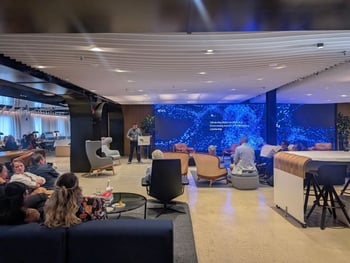
“The Research & Innovation Campus is the perfect home for this event — a place intentionally designed to foster connections across disciplines. It’s a true hub for team science, where basic, translational, and clinical researchers can come together, share ideas, and build the collaborations that will drive the next breakthroughs in pediatric health,” said Nathan Kuppermann, MD, MPH, executive vice president and chief academic officer.
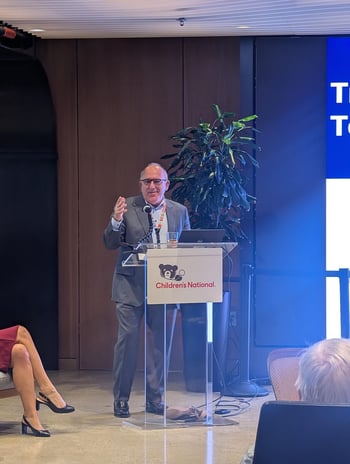
She added that, “We were extremely excited to see so many of the CNRI community at the CNRIC on March 19 for our first (of what we hope to be many!) seminar and networking events.”
The evening had a cheerful, friendly and relaxed atmosphere. The room was full of like-minded researchers and employees that seemed in tune with the proceedings and excited to uplift the researchers they worked alongside. They milled around greeting one another, calling greetings across the room, and patting one another on their backs. The relaxed and informal nature of the reception allowed attendees to further discuss the ideas and topics that had been shared throughout the afternoon.
By the end of the evening, the snacks served as an excellent conduit to build a community of science—and science supporting staff, closer together. With the series’ likely continuation and immediate success, the gatherings will have the potential to foster innovation and collaboration, as well as to highlight the cutting-edge research being conducted at Children’s National Research Center.
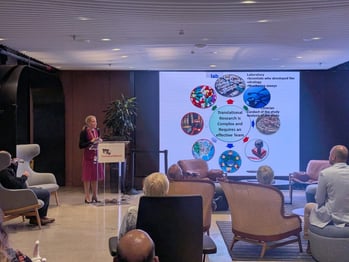
Dr. Nino went on to add specifics noting that, “One way to achieve this is by spotlighting a different Children's National clinical division and research team at each gathering. This approach could help in several ways. First, it would attract new participants, which is essential for maintaining a critical mass. You do not want to see the same ten people at every event. Second, it would create opportunities for scientists and clinicians to connect and learn from one another. Third, it would help foster a sense that CNRI is a home for everyone, not just a place to visit.”
Future events will continue the momentum of sharing important dialogues and hopefully foster new ideas and relationships. “Building on the success of this event,” Dr. Bollard shared, "we aim to continue these monthly, to stimulate scientific discussion between basic, translational and clinical researchers and our Virginia Tech colleagues.”
Related News
-
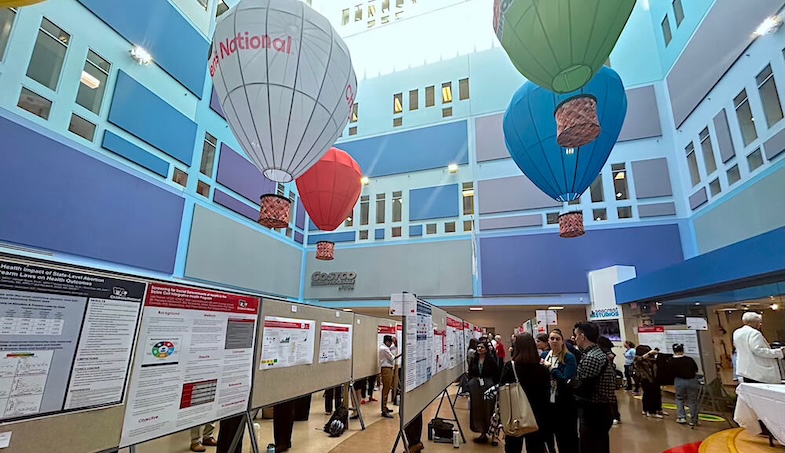
Research, Education & Innovation Week 2026
April 13, 2026 -
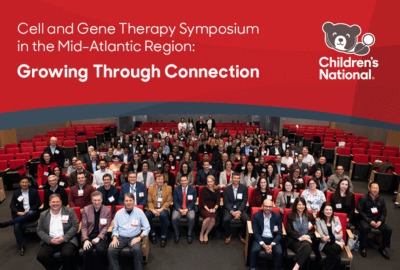
2025 Cell and Gene Therapy Symposium in the Mid-Atlantic Region: Growing Through Connection
October 23, 2025 -
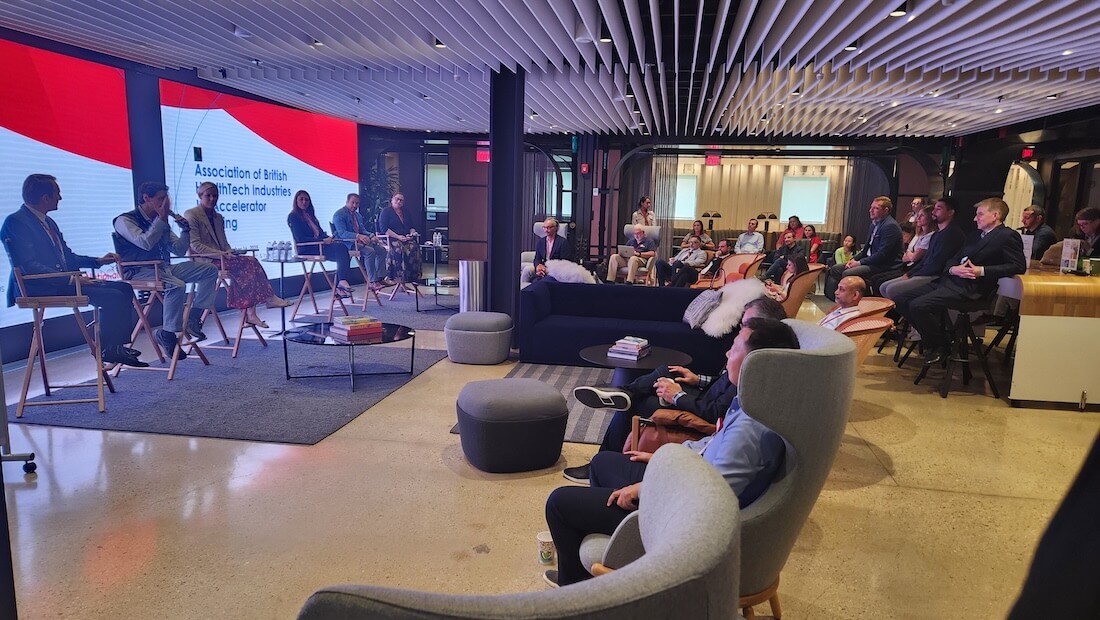
Building bridges in pediatric health: United Kingdom delegation visits the Children’s National Research & Innovation Campus
October 14, 2025
